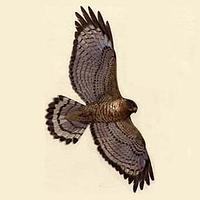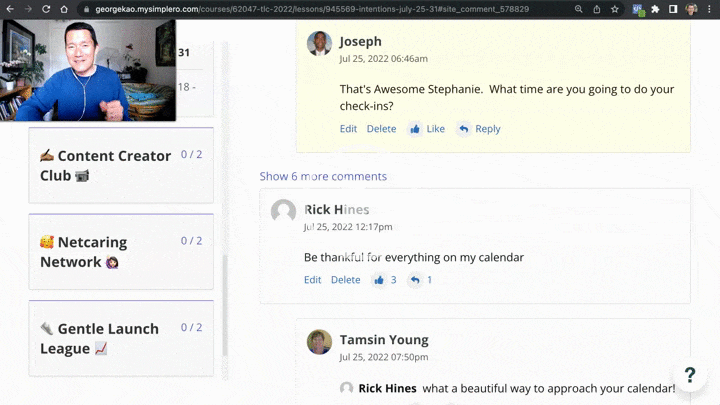Home
Q&A
BizPlan26
🌞 JoyPro
🔮 AI Course
💛
- Orientation
- BizPlan
- BizPlan25
- Authentic Speaking
- Authentic Market Discovery
- Create Aligned Offers
- Joyful Productivity (Course)
- ✨ Authentic Outreach (AO)
- Joyful Pro
- Blog-to-Book
- 🚀 Course Creators
- 🖼️ Your Signature Framework
- 🙋 Effortless Yes
- 🌈 Energy Signature
- Meta Ads (FB / IG Advertising)
- 📱 Instagram Mastery
- 🎤️ Interview Mastery
- Launch Your Group Program
- Netcaring
- 🦸🏽✍🏽 Soulful Content (OGI)
- Substack Course
- "What do you do?"
- 🎬 YouTube Mastery
AA

Antonio Aversano
@brotherantonio
Updating this here on January 1st, 2023 after receiving some "Spirit of New Year" guidance about stepping more fully into my path of service as an "Awareness Facilitator". That looks like continuing to offer Loving Awareness Counseling sessions and group experiences.
There is also a wonderful call to turn up the dial on the music creation in my life. So look forward to sharing some of that content here too!
Glad to be with you here in the Soul Gym!
Active 11mo ago
Joined 8 Jun 2022
(GMT-08:00) Pacific Time (US & Canada)
___MESSAGE___
___MESSAGE___


Hey@George Kao ! Seeing this video makes me think of a great new topic you could offer to the TLC tribe (or maybe it will just be a question you can answer / I will ask on a Q & A)... Which is... A whole tutorial / suggestions from you on how best practices and organizing strategies with web browser BOOKMARKS! I know you have used Google Doc's before to save and organize URL links. But, because all you do us web based - much of it with URL's - I am guessing us TLC folk could create a robust Bookmark Tree to help organize our links. What do you think about that? I use Safari on a Mac and guessing there will be a few different web browsers to cover as well as the difference from desktop and mobile. Maybe you could ask the TLC community to help with tips on the browser of their choosing? Just an idea... :-)
Thanks@George Kao . And to remind you, that you handled this in the last Q & A call yesterday where you revealed that there actually are NOT a lot of bookmarks needed with this new platform. AND, the best takeaway, was the reminder to not create an archeological dig for myself. To trust that I will remember the most important things and save what is important and to find joy when something I forgot might come around again. So basically, don't create a lot of digital clutter - including an insane bookmark tree that would be impossible to follow anyways! :D Good one!
YES thank you for restating that here,@Antonio Aversano 🙏🏼